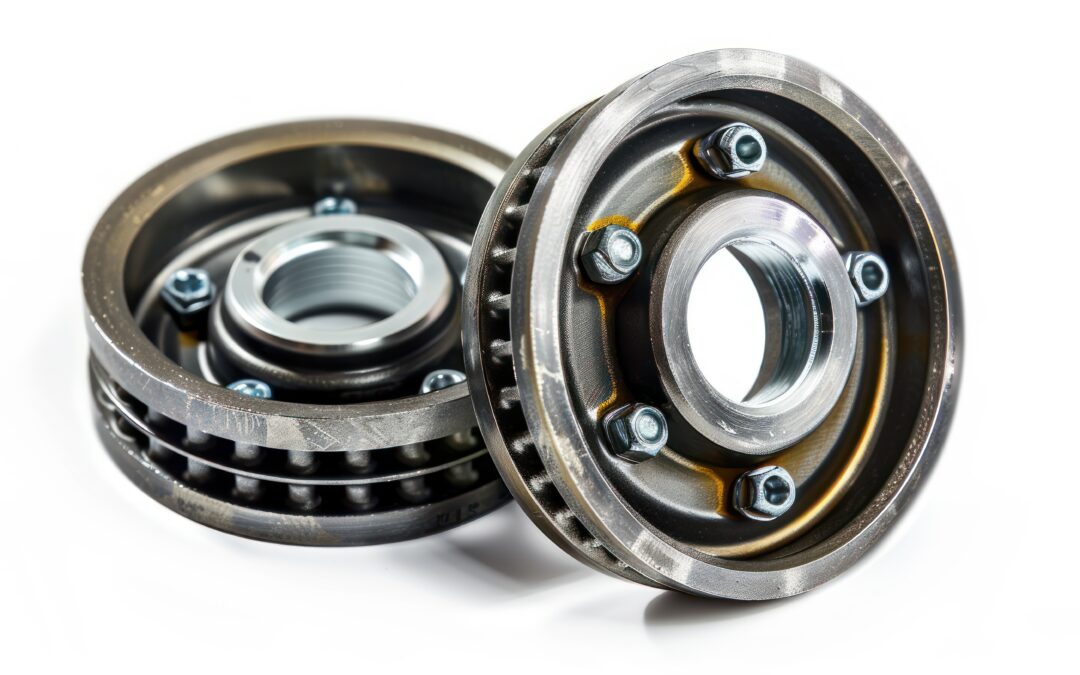Many drivers rarely think about the importance of wheel bearings—until something goes wrong. Despite their small size, these components play an essential role in maintaining your vehicle’s performance, stability, and safety. In this month’s blog post, we examine how wheel bearings work, what problems can arise, and how to maintain them to avoid costly repairs and dangerous driving conditions.
What Are Wheel Bearings?
Wheel bearings are small but powerful parts found in the hub assembly, which connects your wheels to the axle. These precision-engineered components contain steel balls or tapered rollers encased within a metal ring (race). Their primary function is reducing friction to allow the wheels to spin smoothly while supporting the weight of the vehicle. When wheel bearings operate properly, they enhance fuel efficiency, handling, and braking stability, ensuring a controlled and comfortable ride.
Signs of Wheel Bearing Failure
Like any vehicle component, wheel bearings wear down over time. Recognizing early warning signs can prevent serious damage:
- Strange Noises – A humming, grinding, or roaring sound coming from the wheels often signals a failing bearing.
- Uneven Tire Wear – If your tires show irregular wear patterns, a faulty wheel bearing may be causing wobbling or misalignment.
- Steering Issues – A vibrating steering wheel, especially at high speeds, can indicate a worn-out bearing.
- ABS Warning Light – Many modern vehicles integrate wheel bearings with ABS sensors; failure can trigger dashboard alerts.
If you experience these symptoms, do not ignore them—a failing wheel bearing can lead to dangerous driving conditions.
Maintaining Your Wheel Bearings for Longevity
Routine maintenance helps extend the life of your wheel bearings and keeps your vehicle running efficiently:
- Inspect Regularly – Listen for abnormal noises and check for excessive wheel movement.
- Keep Them Clean – Dirt and debris can accelerate wear, so maintaining a clean hub assembly is crucial.
- Ensure Proper Lubrication – Bearings rely on grease to minimize friction, making lubrication essential.
- Replace When Needed – If a wheel bearing shows signs of deterioration, prompt replacement prevents further damage.
Wheel bearings might be easy to overlook, but they are vital to your vehicle’s stability, efficiency, and safety. Recognizing signs of failure and taking preventative measures can help you enjoy a smoother, safer drive while avoiding expensive repairs down the road.
Is your vehicle showing wheel bearing symptoms? Consider getting a professional inspection to ensure a worry-free ride by contacting the service experts at Campus Repair.

